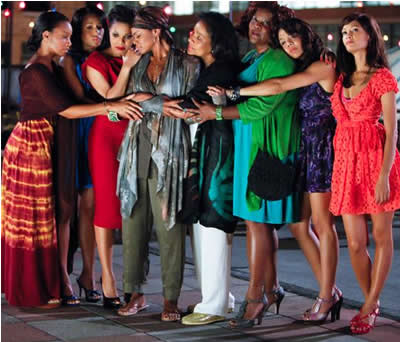Zimbabwe Women Writers Celebrate International Women’s Day
Thursday, March 10th, 2011 by Elizabeth NyamudaThe 8th of March was International Women’s Day and this year was the 100th year since the first Women’s Day was celebrated. As women around the world gathered to celebrate, the Zimbabwe Women Writers organisation took time to mark this remarkable event under the theme, “Promoting equal access to education through literacy”. Women writers both urban and rural, ZWW board and staff, partners and sponsors of ZWW, and the guest of honor Dr Thokozile Chitepo who is the chairperson of the National Arts Council of Zimbabwe graced the occasion.
The organisation also took time to celebrate its twenty years of existence. “Gazing at the Environment” was ZWW’s first publication published in 1992. Their latest publication is “The African Tea Cosy” by Violet Masilo. But even in the midst of celebrations the organisation acknowledged that there is a daunting task ahead of them. ZWW believes in women uplifting each other and rejects the pulling each down syndrome. This is evident of the anthologies the organisation publishes – without team spirit these would not have been achieved.
The Zimbabwe Women Writers also launched their Women’s Voices Project. The role of the Women’s Voices initiative will be to advocate the use of hybrid new media amongst women writers and providing a platform for them to interact. The initiative is to take a global stance, thus it will encourage cultural exchange and knowledge sharing. This project is, ‘committed to articulating women’s voices’, as held by ZWW Director Audrey Charamba.
It was uplifting to hear performance of poems by women and speeches from members of ZWW board who have been with the organisation since its inception. Women celebrated victories by singing:
Semadzimai emuZimbabwe takamirira zvakaoma
Kurema kwazvo kunoda madzimai
Azvina mhosva nyango zvorema
Takamirira zvakaoma










